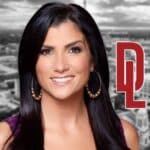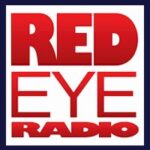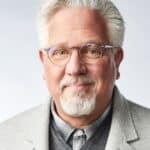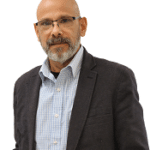
By Jonathan Allen
NEW YORK (Reuters) – The 36 new special patrol officers announced last month by Columbia University were appointed by the New York Police Department and will be subject to the orders of the police commissioner, an arrangement confirmed by a Columbia spokesperson this week.
Columbia’s leaders applied to the city’s police commissioner to appoint and swear in the officers last year, after they had twice called in NYPD to arrest pro-Palestinian student protesters.
The involvement of the NYPD has not previously been disclosed by Columbia. Samantha Slater, a Columbia spokesperson, confirmed NYPD’s role in response to questions from Reuters first sent last August.
Last spring, Columbia became the epicenter of a pro-Palestinian student protest movement that has roiled campuses around the world, drawing criticism from both Democratic and Republican politicians, donors and some students and faculty.
Columbia’s board of trustees and the 111 students, staff and alumni who make up the University Senate have frequently been at odds over the best way to handle the protests.
Members of the Senate, the rule-making body that shares university governance with the trustees, said the trustees and president’s office had withheld from them that NYPD was involved in any way. Under the university’s charter, the university president must consult with the University Senate before calling on police to stop disruptive protests.
The board of trustees appointed its co-chair, Claire Shipman, as interim university president last week.
In a first for the Ivy League school, Columbia’s new officers have the same powers of warrantless search and arrest as any other police officer under New York’s peace officer law. The state law permits the officers to use “physical force and deadly physical force in making an arrest or preventing an escape.”
The officers will not have weapons, Slater said. A spokesperson for the NYPD also said the patrol officers would be unarmed, but declined to respond to other questions. The new officers, who have completed 162 hours of training, will patrol Columbia’s privately owned buildings and gated plazas and lawns, which regular NYPD officers are generally not able to do.
People they arrest will be detained and processed in an office on a campus about 20 blocks uptown from the main campus until they can be handed over to the local NYPD precinct. As required by state and city law, Columbia will pay the officers, but they must follow the rules, training and orders of the police commissioner and, per the city’s administrative code, “possess all the powers and discharge all the duties” of regular NYPD patrol officers.
Slater said that the officers will work with the university’s public safety team, but – unlike Columbia’s 117 civilian safety employees – will have powers to “remove individuals from campus, issue citations and make arrests, if necessary and appropriate.”
Other universities, including Cornell and the City University of New York, have their own arrangements for officers with arrest powers under the state’s peace officers law, but they do not involve the NYPD.
The plan was underway months before U.S. President Donald Trump returned to the White House. His administration, citing what it described as antisemitic harassment on and near the campus, demanded last month that Columbia tighten its protest rules or permanently lose federal funding. One of the nine demands was that the school deploy peace officers with arrest powers.
This week, Columbia’s Office of Public Safety updated its website to say the new officers will allow Columbia “to respond more effectively and promptly to campus disruptions, while reducing our reliance on the NYPD.”
It did not say that the new officers are appointed by and subject to the orders of the NYPD commissioner.
Dr. Jeanine D’Armiento, a professor of medicine and the chair of the Senate’s executive committee, and two other senators who asked not to be named, said in interviews that the president’s office had repeatedly declined to tell them who in New York’s government was authorizing the officers.
Columbia spokesperson Slater declined to say why the president’s office had not told students and employees, including the Senate, of the NYPD’s involvement. She said the university was complying with all its bylaws.
The Senate was formed after police were called in by the Columbia president in 1968 to end Vietnam War protests, which included the occupation of a Columbia building; the NYPD used tear gas and injured more than 100 students and staff.
Decades passed before the police were called in again, until last year when, over the Senate’s objections, the president’s office had hundreds of armed officers come on campus twice to arrest student protesters on misdemeanor trespass charges, injuring some. In almost all cases the charges were dropped.
(Reporting by Jonathan Allen in New York; editing by Donna Bryson and Nia Williams)
Brought to you by www.srnnews.com


























